- Redwood Materials leads battery recycling, achieving 96% recovery rate.
- Partnerships promote e-bike battery recycling and responsible design.
- New battery tech reduces environmental impact, aims for million-mile lifespan.
One of the questions people frequently ask about electric vehicles is, “What will happen to lithium-ion batteries after they’re past their useful life for bicycles, cars, scooters, phones, etc.?” It wasn’t until recently that the only answer was to use them (at least the 18650 and 21700 size—very common cells that are 18x65mm and 21x70mm respectively) as solar electric storage, e.g., for a Tesla Powerwall. There are many examples of people using these semi-spent cells in DIY versions of Powerwalls to store energy and power their homes. However, another important aspect that has gained significant attention in recent years is EV battery recycling.
This points out that lithium-ion batteries don’t usually die outright but rather lose capacity over time with charging. Often, the batteries will be rated for 500–1000 full charges. Partial charges count as part of that, and we’ve even written stories in length on how to care for your batteries to get the most out of them, like storing them during the winter months at 40-percent charge instead of 100 percent. Eventually, your e-bike battery will offer a fraction of the range it did when new, and that’s when you need to replace it. However, it’s important to note that when it’s time to replace your e-bike battery, there are environmentally friendly options such as EV battery recycling available.
Though the cells in it can technically be used for home storage or similar, they can now be recycled almost completely, thanks to advancements in EV battery recycling.
From Deadly Mines to Global Expeditions
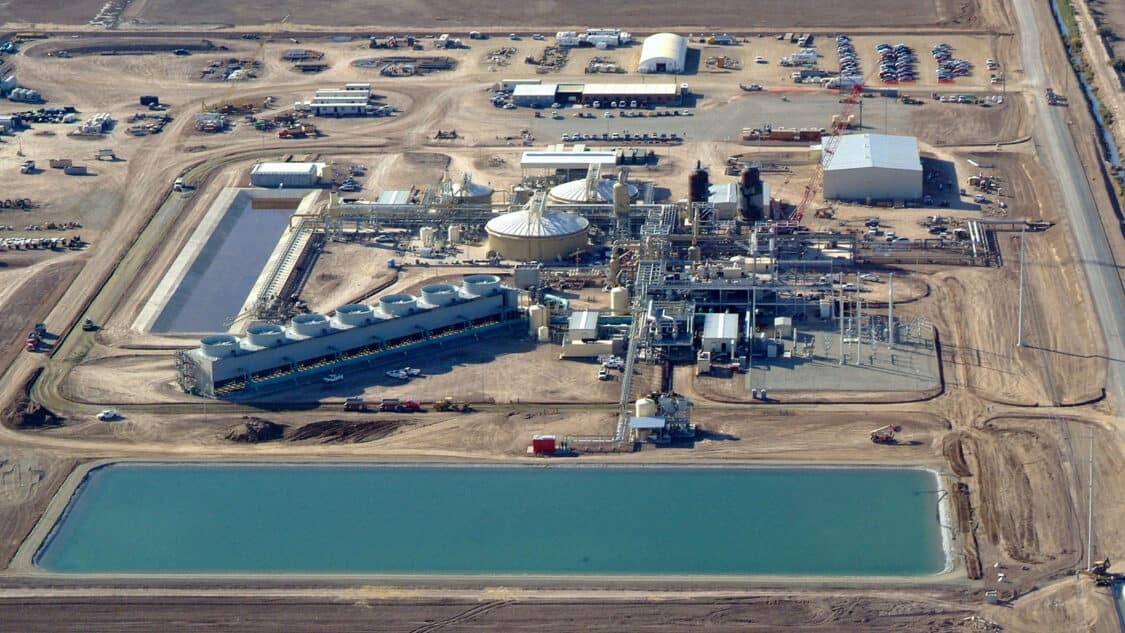
The raw materials for a lithium-ion battery includes not only lithium, which is mined or extracted from brine water (87 percent is extracted from brine water found in salars [briny lakes]) in Bolivia, Argentina and Chile. The form of lithium recovered by evaporation is lithium carbonate, which is the raw material used in making lithium batteries. The process also includes magnesium, calcium, potassium and sodium. One of the issues with this operation is that the process takes up to three years, moving the brine to different pools to evaporate.
Currently, however, there are plans to start harvesting lithium from 12 geothermal electricity plants at the Salton Sea, which should more than double the world’s production of lithium.
Cobalt is the ubiquitous cathode material for the batteries. It is mined, usually by hand, in the Democratic Republic of Congo. Given the lack of strong health and safety regulations, the conditions are generally dangerous. Roughly 40–50 percent of these mines are Chinese-owned, and much of the materials are shipped to China for further processing.
As you might imagine, this means global shipment of materials. Other materials are either shipped into China or the States to a Tesla Gigafactory, for example, meaning a battery cell can have its materials travel around the globe to get to where they’re being made. That’s hardly carbon neutral.
How Tesla’s New Battery Will Transform the Future of Electric Vehicles
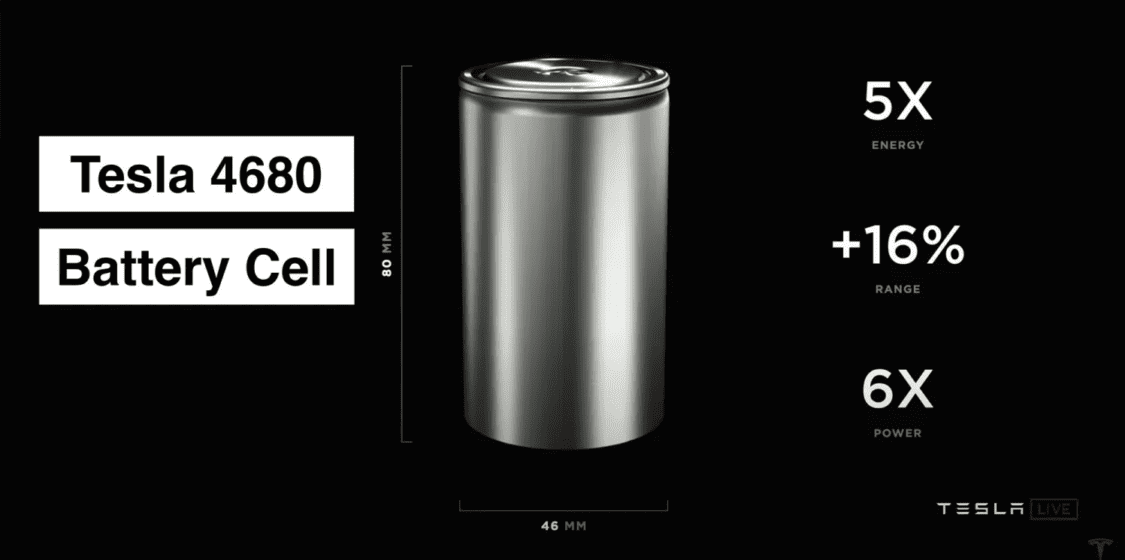
Tesla’s Elon Musk is well aware of this issue and is trying to set up his Gigafactories worldwide to be able to source more local materials. His announcement in 2020 of the development of a new 4680 battery (called this because it is 46x80mm in size for use in a Tesla and other vehicle platforms) changes quite a few things. The internal structure eliminates tabs, increases capacity, improves the power-to-weight ratio, and lowers the overall battery cost by 56 percent.
This new cell and its manufacturing will source local supplies (there is lithium in soil), and most of the designs eliminate the use of cobalt as a cathode. Tesla is looking at a high-nickel cathode for this, which has a significant savings in cost, as well as human cost. This new rewrite of the entire battery design will have bigger implications than just the unit cost; it will cut millions of tons of carbon emissions caused by shipping materials globally to assemble the batteries.
GM seems to have a similar battery plan for their cars, especially since they plan to only sell electric vehicles by 2035. Regardless, as more electric cars and bikes are sold, there are more batteries being used. At some point, they reach the end of their useful life. Mining new materials isn’t great for the environment, and it would make sense to recover these materials.
EV Battery Recycling is Shaking Up the Battery Industry
J.B. Straubel, one of the cofounders of Tesla, obviously believes that electric vehicles represent the future of transportation. But, he also recognized the problem of what to do with the spent batteries. This, to him, was so compelling that in 2017 he left the company and his position of chief technical officer after 15 years and founded Redwood Materials. The company’s goal is to recycle all the materials in lithium-ion batteries, including those used in electric vehicles, bicycles, smartphones, laptop computers, and all other battery-powered devices. Through initiatives like Redwood Materials and the growing focus on EV battery recycling, we are making significant strides towards a more sustainable and circular economy for battery materials.
They’ve set up their first factory in Reno, right next to the Tesla Gigafactory. So far, Redwood Materials has been able to recover up to 96 percent of the raw materials involved and sell them back to the manufacturers, like Panasonic who operates inside the Gigafactory. Their plans are to create a circular supply chain, which should eventually cut the need for new raw materials. They will have to scale massively, though, to do this, as they are currently only able to process a fraction of the spent batteries currently available on the market. They will have to scale, as will competitors like Li-Cycle and even Volkswagen, who has its own in-house recycling.
A Massive EV Battery Recycling Revolution!
Panasonic and Amazon have both heavily invested in Redwood, the former being a battery manufacturer and the latter being a seller of consumer products that use lithium-ion batteries (e.g., their own Kindle readers, as well as all kinds of other products), plus Amazon ordering 100,000 electric delivery vans from EV manufacturer Rivian.
Li-Cycle is another company that specializes in EV battery recycling. They’ve ramped up their operations to recycle 81,000 metric tons of materials annually in 2023, contributing to the sustainable management of lithium-ion batteries. In addition, organizations like Call2Recycle have joined forces with PeopleForBikes to establish Hungryforbatteries.org, a website dedicated to providing information on how and when to recycle your e-bike battery. Call2Recycle has made significant strides in battery recycling and collected nearly 8 million pounds of batteries in 2022, including over 3 million pounds of lithium-ion batteries. These initiatives highlight the increasing awareness and importance of EV battery recycling to minimize waste and maximize resource utilization.

The Mind-Blowing Longevity of Electric Car Batteries
Cars are obviously the biggest topic of conversation around electrifying transportation. They have massive batteries of up to 100 kWh (e.g. Tesla Model S Plaid) made up of thousands of cells. The cost to replace the batteries is enormous, but failures are generally rare. In fact, most of the batteries in a modern car will likely outlive the car itself, which has led to speculation that a used EV’s battery may be used in a newer car, allowing it to be much cheaper to manufacture.
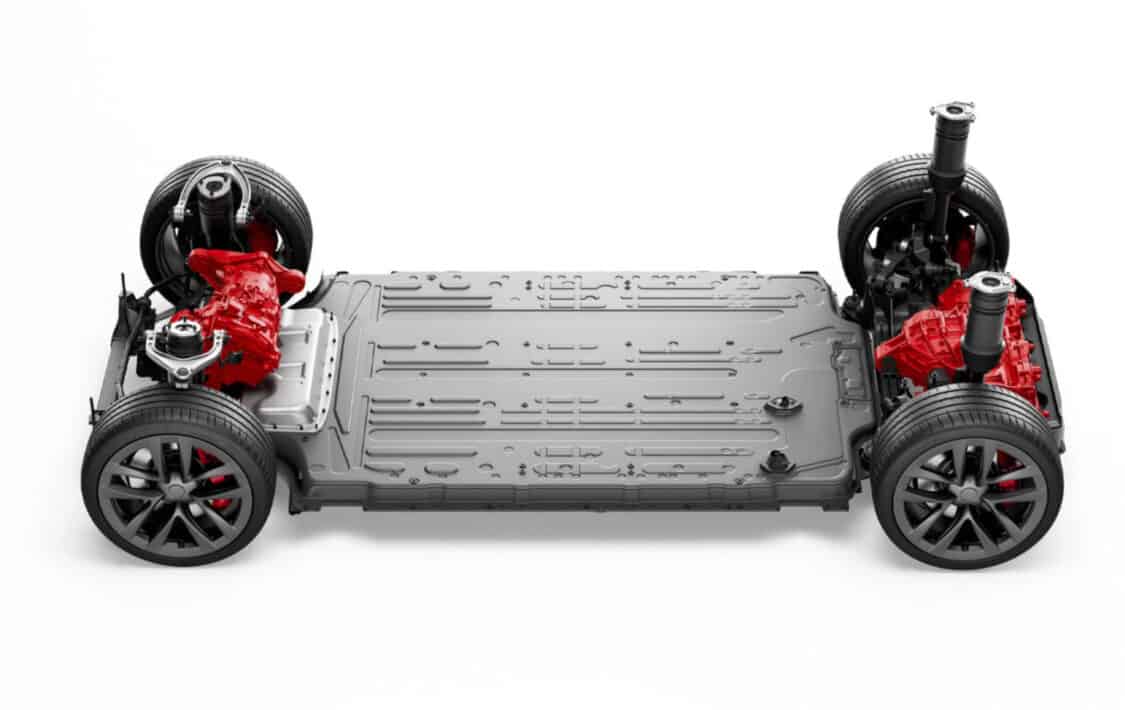
Elon Musk has been talking about a “million mile battery”, meaning a battery that can last 1 million miles, many more miles than almost any vehicle will ever drive. He’s been working on that with CATL in China and Professor Jeff Dahn and his group of battery scientists at Dalhousie University. In the mean time, according to Musk, you should assume the same battery to last between 300,000 and 500,000 miles.
Electric Car Batteries Outlast Vehicle Lifespan, Study Finds
There are warranties to protect consumers. Typically, automakers offer warranties of at least eight years or 100,000 miles for electric car battery packs, as stated by Carfax.com. However, California mandates a longer warranty period of 10 years or 150,000 miles. Although batteries do experience some degradation over time, it is generally not a major concern for modern long-range electric cars. The extent of degradation varies and can be influenced by factors such as regularly allowing the battery to drop below 20% capacity or frequent use of high-speed chargers.
To gain insight into EV battery degradation and what to expect, studies like the one conducted by Geotab.com can be helpful. These studies often provide information categorized by vehicle models. According to Geotab’s study, “The vast majority of batteries will outlast the usable life of the vehicle.”
The Bicycle Connection
Specialized has announced a new partnership with Redwood Materials to recycle their own e-bike batteries. With e-bikes outselling all other electric vehicles, this is a great step towards greater sustainability. Starting first in the U.S., every Specialized bike battery in the United States has a pathway to Redwood since the end of 2021.
The partnership isn’t just to recover the materials; it’s also to help Specialized design better products for recyclability. The company plans on sharing the knowledge they gain with the entire industry and other micro-mobility categories to encourage responsible design and recycling methods. Specialized says that the majority of their e-bike batteries have not yet reached end of life, but they’re planning ahead to get in front of the long-term impact of the batteries and to help improve the design practices involved.
If you want to send devices with lithium-ion batteries to Redwood Materials for recycling, you can send it to them directly or drop them off. According to their website (www.redwoodmaterials.com), devices may be dropped off or sent to:
Redwood Materials
Attn: Consumer Recycle Program
2401 Conestoga Dr.
Carson City, NV 89706

IMAGES: LI-CYCLE | ENERGYSOURCE | TESLA
FTC: We use income-earning auto affiliate links. Learn more.


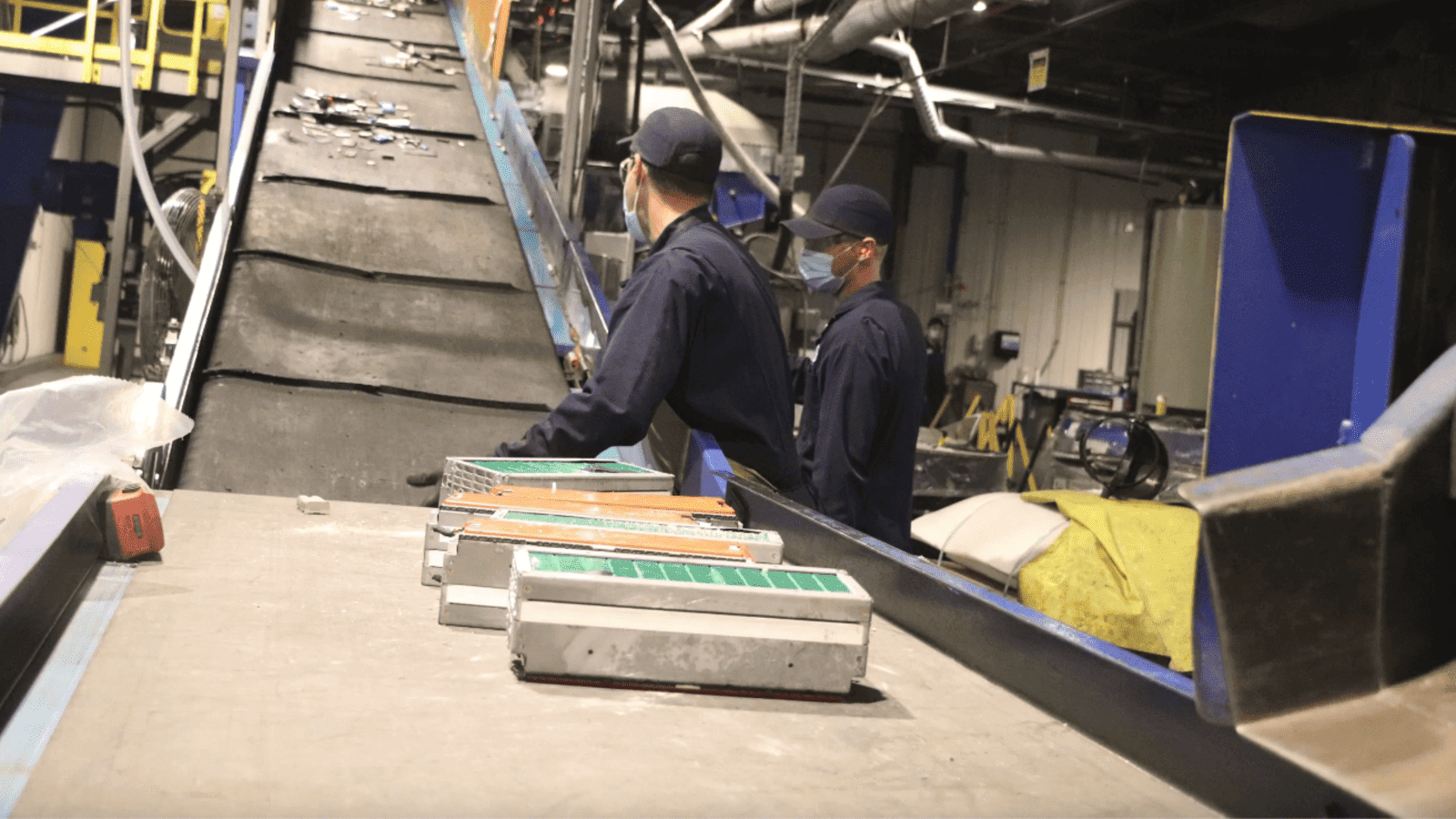


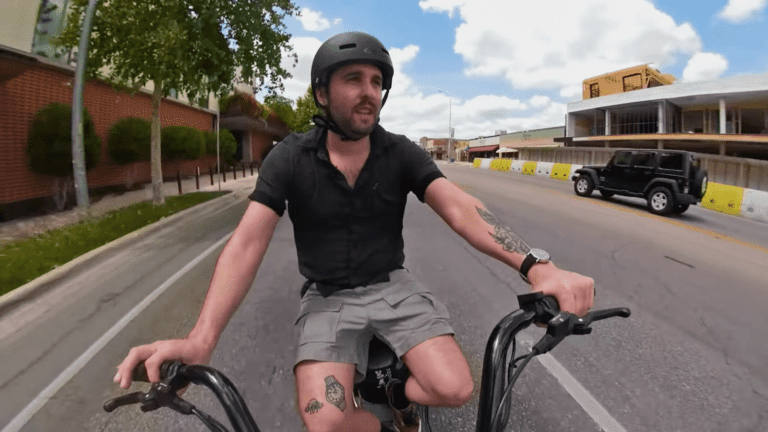
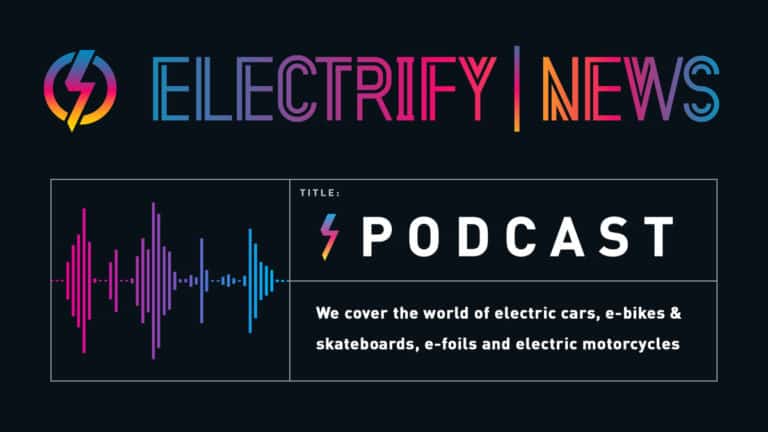
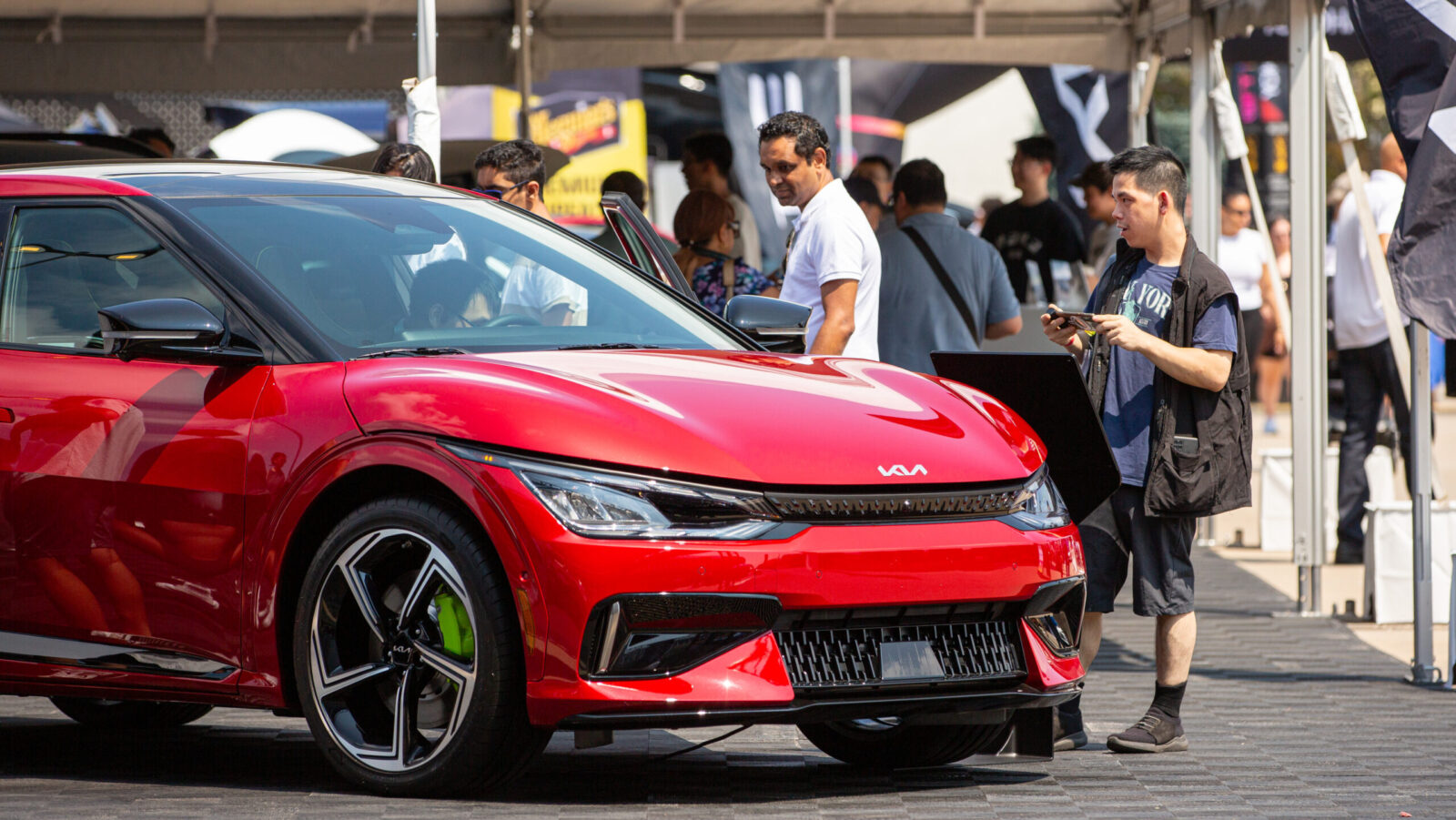
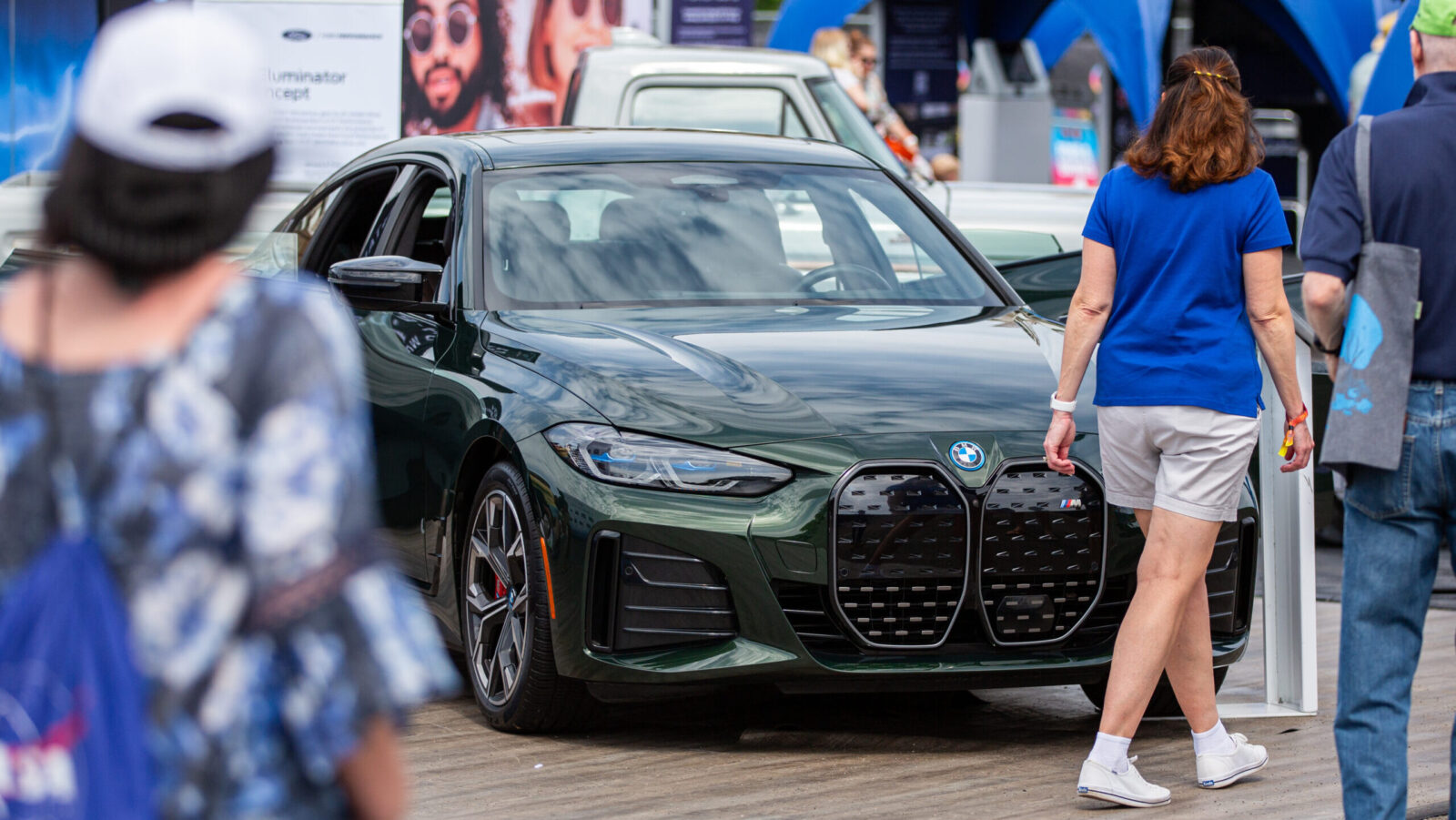
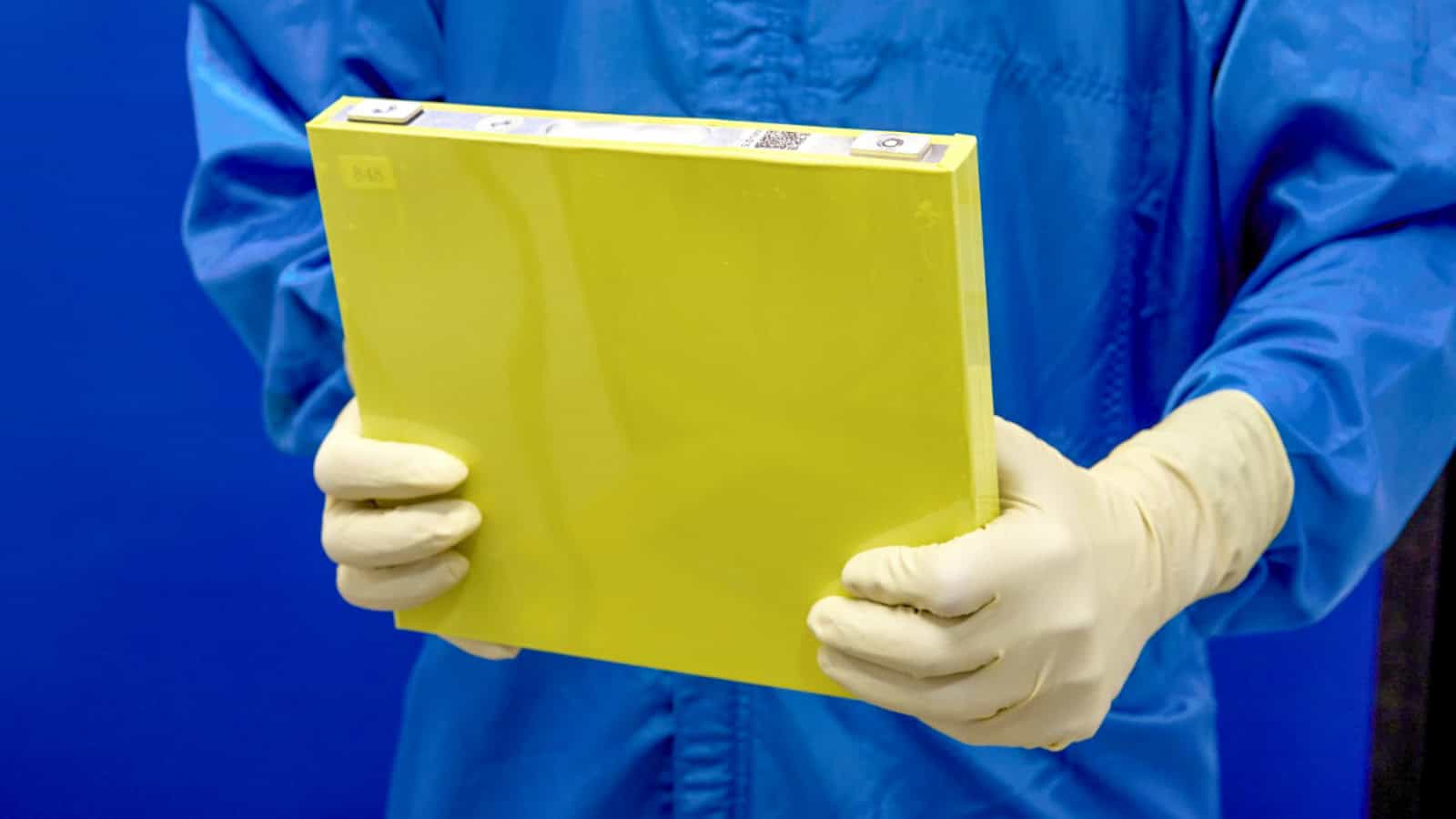
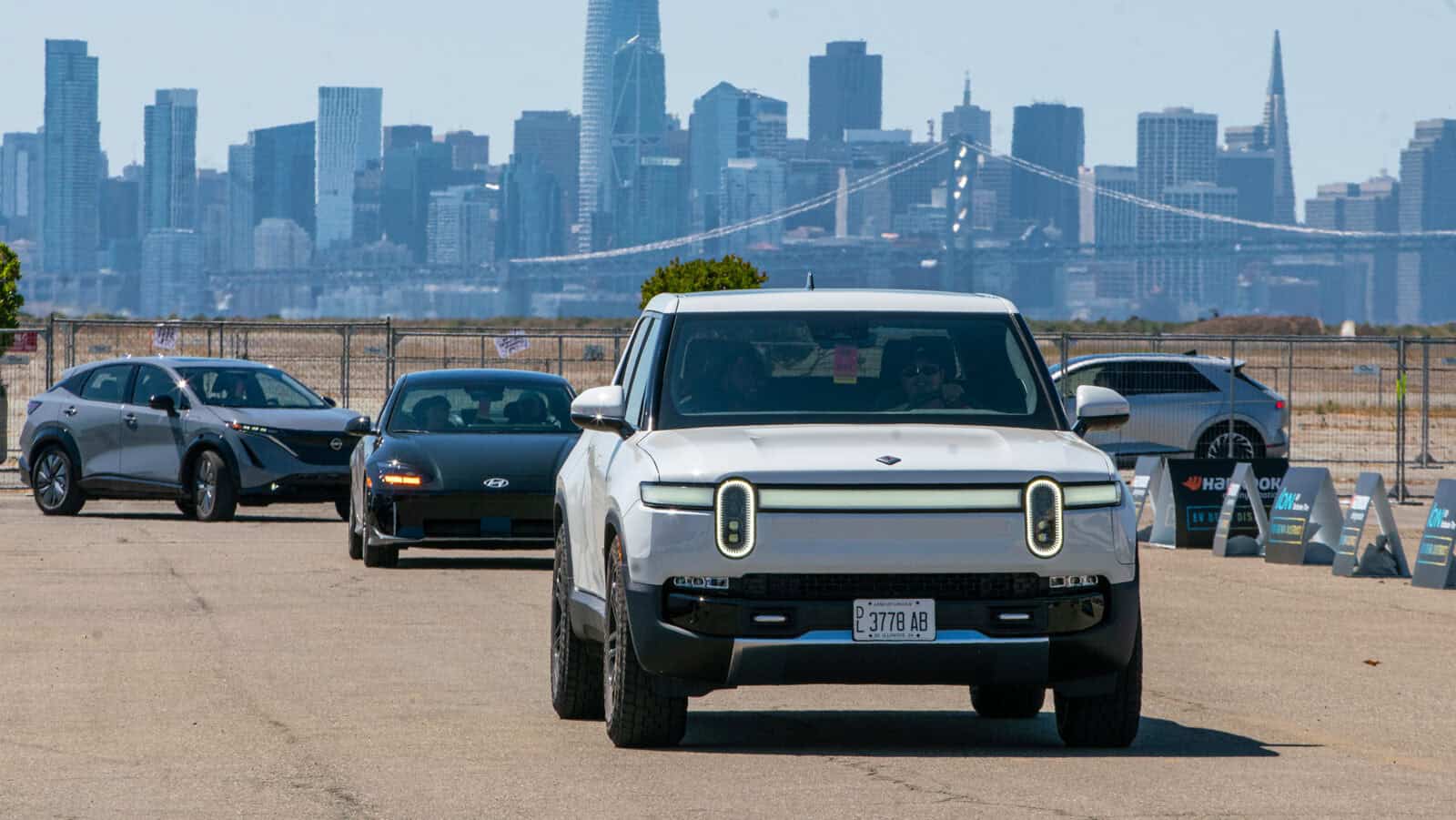
2 Responses